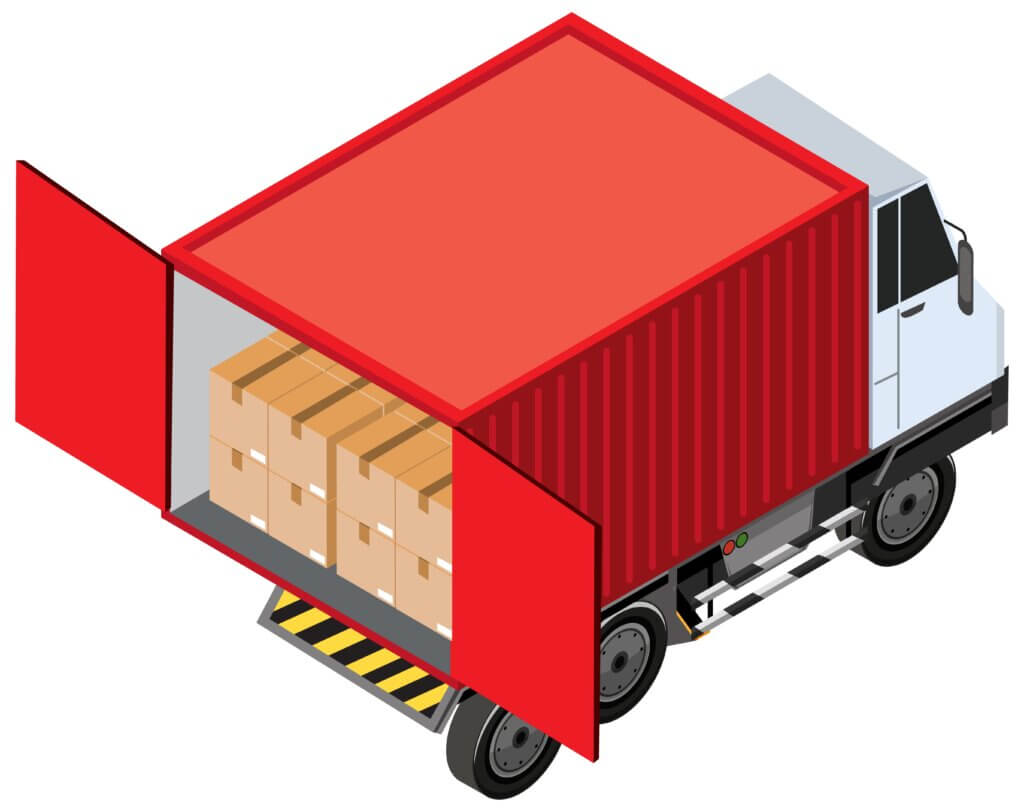
Full Truck Load (FTL) Meaning
FTL Full Form = Full Truck Load
FTL stands for “Full Truck Load”. It is a type of shipping arrangement where a shipment occupies an entire truck, trailer, or container. In FTL shipping, a single customer’s goods fill up the entire vehicle, and the shipment is delivered directly from the origin to the destination without any intermediate stops or transfers.
Benefits of Shipping Full Truck Load (FTL):
Faster Transit Time:
Since FTL shipments do not require stops or transfers, they generally have shorter transit times compared to LTL (Less Than Truckload) shipments. The direct route and dedicated truck ensure quicker delivery.
Reduced Risk of Damage:
With FTL shipping, the goods are not handled or transferred as frequently as in LTL shipping, reducing the risk of damage during transit. The goods remain on the same truck throughout the journey, minimizing the chances of mishandling or loss.
Lower Risk of Loss:
Since the FTL shipment is loaded and sealed at the origin and remains untouched until reaching the destination, there is a lower risk of loss or theft compared to LTL shipments, where multiple shipments are consolidated and unconsolidated at various stops.
Dedicated Capacity:
FTL shipping provides dedicated capacity for a single customer’s goods. The entire truck is utilized for one shipment, allowing for more efficient loading and unloading processes.
Flexibility:
FTL shipments offer greater flexibility in terms of pickup and delivery times. Since there are no intermediate stops, the customer has more control over scheduling and can request specific pickup and delivery windows.
Difference between Full Truck Load and Less Than Truck Load
Shipment Size and Space:
FTL shipments occupy the entire space of a truck, trailer, or container, while LTL shipments are typically smaller and take up only a portion of the available space. FTL shipments are suited for larger loads, while LTL shipments are ideal for smaller shipments that do not require a whole truck.
Cost:
FTL shipments are generally more expensive than LTL shipments on a per-unit basis. With FTL, the customer bears the entire cost of the truck, regardless of whether the space is fully utilized or not. LTL shipments, on the other hand, allow multiple customers to share the cost of transportation, making it more cost-effective for smaller shipments.
Transit Time:
FTL shipments usually have shorter transit times compared to LTL shipments. Since FTL shipments travel directly from the origin to the destination without intermediate stops, there are no delays caused by pickups and deliveries at multiple locations.
Handling and Risk
FTL shipments involve minimal handling as the goods remain on the same truck throughout the journey. This reduces the risk of damage or loss. In contrast, LTL shipments may require more handling, consolidation, and deconsolidation at various stops, which can increase the risk of mishandling or loss.
Tracking and Visibility
FTL shipments offer better tracking and visibility since there is a single point of origin and destination. It is easier to monitor and trace the shipment’s progress. LTL shipments, with multiple stops and transfers, may have more complex tracking processes and may require coordination with different carriers or terminals.
For additional information on Less Than Truckload (LTL), please visit the following webpage: https://www.fr8.in/blog/transportation-glossary/ltl-less-than-truckload/
Example:
Let’s consider a furniture store that wants to move a large quantity of sofas from its warehouse to a retail outlet in a different city. To accomplish this, the store opts for FTL shipping.
They arrange for a dedicated truck to collect all the sofas from the warehouse, load them onto the truck, and transport them directly to the retail outlet without any stops or transfers in between.
By exclusively utilizing the entire truck for their sofas, the store ensures the safety of the goods and reduces the chances of damage. This FTL approach offers advantages such as quicker transit times, minimal handling of the shipment, and the ability to customize pickup and delivery schedules as per the store’s requirements.
FAQs:
- How is FTL shipping different from LTL shipping?
FTL shipping involves using a dedicated truck for a single customer’s goods, occupying the entire space, while LTL shipping combines multiple shipments in one truck.
- What are the benefits of choosing FTL shipping?
FTL shipping offers faster transit times, a reduced risk of damage, and greater flexibility in scheduling compared to LTL shipping.
- Can I track my FTL shipment?
Yes, FTL shipments typically offer better tracking and visibility since there is a single point of origin and destination, making it easier to monitor the shipment’s progress.
